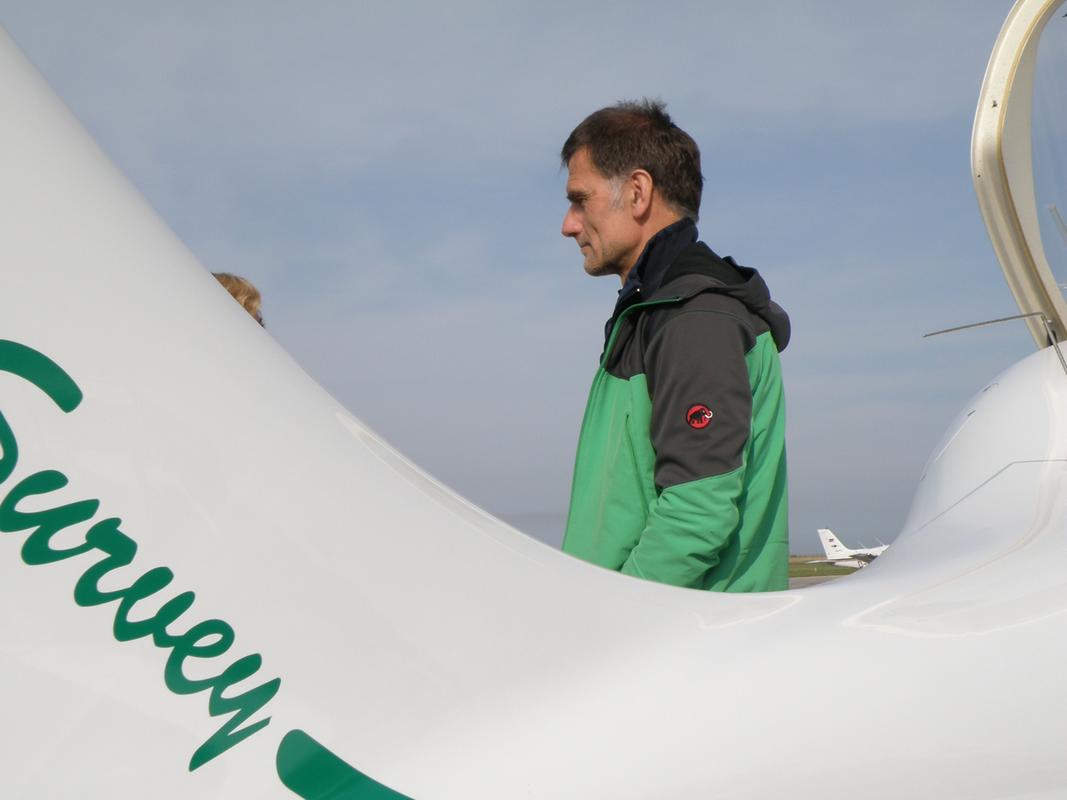
On April 9, Matevž Lenarčič will take off from Maribor Airport in his ultralight airplane and begin a new mission, titled Zero Emission Living. The process of obtaining overflight permits is especially complicated this time, and Lenarčič had to change the planned route. "We still have problems with China; we had to change the route because of that," Lenarčič stated at a press conference.
At first, he had intended to fly above Moscow, the whole of Russia and China, and then return to Slovenia via Kazakhstan and the Middle East. Instead, the team mapped the journey in the opposite direction: "Over Turkey, Iran, Pakistan, India, Bangladesh, Myanmar, Laos, Vietnam, and into China," explained Lenarčič, who has been invited to take part in one of China's largest aviation events, a move he hopes will help him with the process of obtaining permits.
"This project can only do good. There is no downside. We are working for the common good, and if we see that the atmosphere has deteriorated, that will simply prompt us to start resolving the problem. We all like to breathe clean air," concluded Lenarčič.
The head of Research and Development at the Aerosol company Griša Močnik believes that the most important finding will be made in the areas where there have been gaps so far: "This flight will add a piece to the puzzle. We know that we are flying above interesting areas, and our way back will take us over places where there have been absolutely no measurements taken. For instance, we've never taken any measurements over Siberia."
Močnik explained that the primary goal of the expedition is to measure the state of climate change, which will allow us to take measures to ameliorate the warming. He believes that the effectiveness of such measures is difficult to quantify: "We are measuring at an altitude where no previous measurements have taken place. Then, we hope to improve the models and the impact of the proposed changes. We are focusing on the nature of air pollution in the context of change." He explained that aerosols absorb light and then transform them into heat, while black carbon is the second leading cause of global warming.
Matevž Lenarčič has taken part in several projects that have measured black carbon. In 2012, he flew around the world. A year later, he measured black carbon concentrations over the North Pole. In 2016, he flew around the globe again, and last year, he completed an expedition over the Mediterranean, the Alps, and Central Europe.

































































